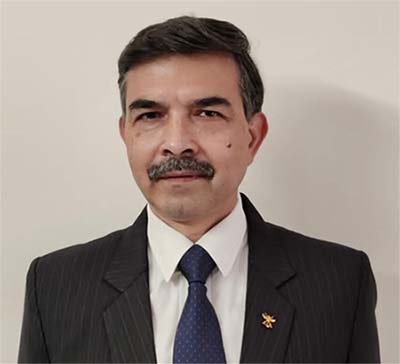United States Reforms to Its Higher Defence Organisation: Lessons for India

Democracies of the world have many similarities, notwithstanding the differences in the system of governance and the governmental structure. The decision making by the Higher Defence Organisation (HDO) and the government of the United States and India face similar challenges regardless of the threat perception and the role, size and the employment of the military. What is fascinating is the challenges faced by the elected representatives, bureaucracy, civil and military, and their response to the challenges are very similar. Hence, the structure of the United States HDO and the rationale of reforms undertaken have lessons for India.
This study focuses on the reforms undertaken by the United States, to its HDO and the military in order to draw lessons for India. The endeavour is to bring out the best practises from the reforms which have resonance to the requirements of the Indian HDO and the military. The lessons are conceptual and inspirational in nature and not ‘hand me down solutions’ for problems besetting the Indian defence management system.
This monograph is the second in the series of two monographs. The first deals with the reforms to the British HDO. The two monographs are stand alone and focused studies for those interested in the higher defence management and the study of the HDO.
About the Author
Col Rajneesh Singh was commissioned in Infantry in December 1989 and has varied operational, staff and instructional experience. He has commanded a Rashtriya Rifles company and battalion in Jammu and Kashmir. He has been a military observer in Congo for a year. His staff experience includes tenure in the Military Operations Directorate and in Military Secretary’s Branch. The officer has also been an instructor at the NDA, Khadakwasla and at DSSC, Wellington. Col Rajneesh Singh is presently pursuing PhD at the JNU, New Delhi.




